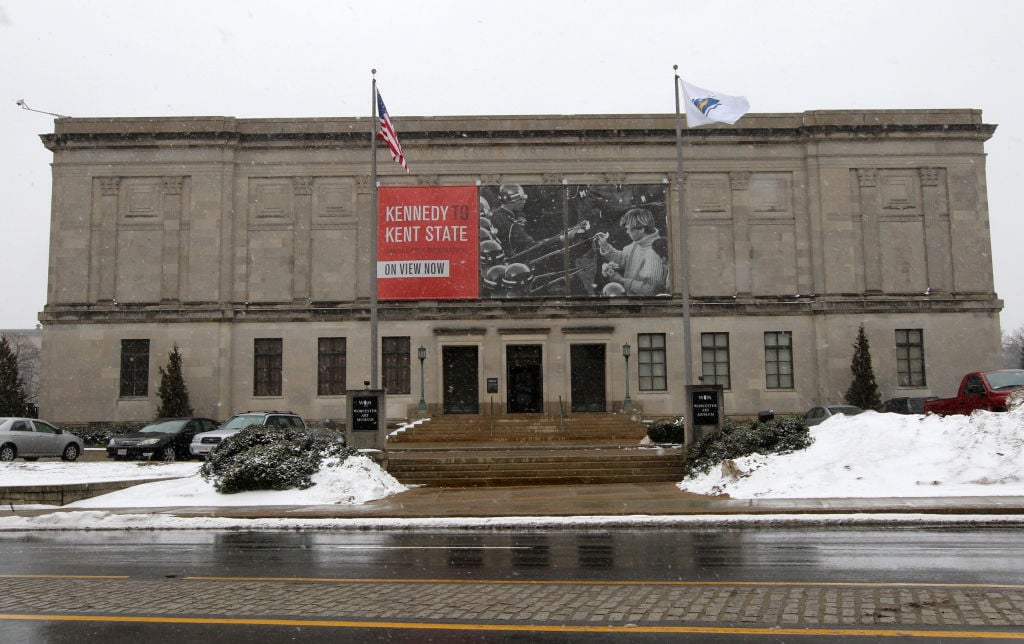
A former curator at the Worcester Art Museum (WAM) in Massachusetts is suing the institution and its leadership team for discrimination.
In a complaint filed on July 19, Rachel Parikh alleged that she was “subjected to a hostile and offensive work environment” at the museum, where she worked for two years as an assistant curator of Asian and Middle Eastern Art. Parikh, a child of Indian immigrants, claimed she was subjected to “racism and unwelcome and offensive behavior” and “mocked and ridiculed because she is a brown-skinned South Asian.”
The curator also said she was denied pay and job title promotions and was asked to “zhuzh up” her appearance to “look like a curator.”
In 2022, after Parikh reported these and other instances of alleged discrimination to the organization’s human resources department, WAM hired an outside consultancy firm, LAM & Associates, to look into her claims. In the resultant report, delivered in July of that year, an investigator concluded that Parikh’s accusations could not be “confirmed” through other colleagues, but her statements were “credible.”
Shortly thereafter, Parikh said she was informed that the museum’s board decided not to take action to address the report, but that certain “protocols” would be put in place to ensure that similar incidents didn’t occur again.
In September 2022, Parikh resigned from WAM, citing “discriminatory and retaliatory treatment.”
Named as defendants in the lawsuit are the museum, director Matthias Waschek, director of curatorial affairs and curator of European art Claire Whitner, as well as four members of the institution’s executive committee.
In a statement, WAM said it “remains committed to providing a workplace where everyone is treated with dignity and respect, so we take these allegations very seriously.”
It said that, because Parikh’s complaint contained “confidential HR information,” the only way to “set the record straight would be to disclose confidential and private information in a manner that would violate our own policies and compromise the privacy of current and former employees. We look forward to addressing these claims through the legal process.”
Waschek, in particular, is mentioned numerous times across the 64-page filing. In once instance, Parikh described a dinner she had with him and his husband where both men imitated Indian accents from a TV show and pressed her for personal details.
According to Parikh’s complaint, Waschek was also named in a 2015 age and sex discrimination lawsuit filed by a female WAM employee. That case ended in a settlement.
Waschek has retained his own council for the current lawsuit lawsuit.
“I have been dismayed by the false allegations that have been made in this lawsuit and the homophobic tropes that are invoked,” Waschek said in a statement. “I have worked hard over the last 30-plus years to build a reputation of professionalism and integrity.”
“As a gay man who has experienced discrimination first-hand,” Waschek continued, “I have always held DEAI issues as a core value, and have sought to do my best to eliminate discrimination from the workplace and build a culture of inclusivity. To read these patently false statements and to see my husband, who doesn’t even work at the museum, dragged into it and similarly maligned, is staggering.”
David Felper of the Bowditch law firm, which is representing WAM, Whitner, and the executive committee members in the case, said that Parikh’s complaint is “filled with unsupported allegations and statements taken out of context.”
“There are two sides to every story, and we will tell ours through the legal process,” Felper added. “We remain confident that the actual facts and law will clearly show that there is no merit to the claims that were filed.”